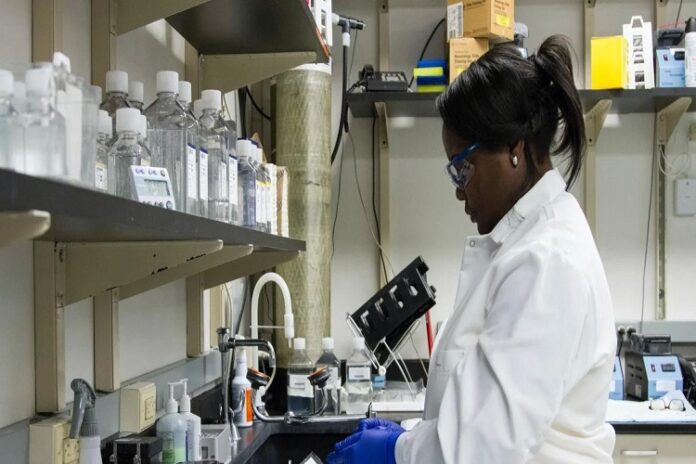According to the University of Pittsburgh Schools of the Health Sciences, 1.5 million to 3 million concussions related to sports and recreational activities happen yearly in America. Moreover, about 300,000 of those cases occur from football. Also, about five out of ten concussions often remain unreported or undetected. Without early diagnosis and treatment of San Diego concussion, you become at risk of various complications. These may include post-traumatic headaches, post-traumatic vertigo, and post-concussive syndrome.
Besides getting a serious injury, such as permanent brain damage, you may die if your concussion remains untreated or is not treated properly. Although a rare occurrence, a traumatic brain experience may lead to inflammation and bleeding of the brain.
Brain swelling and bleeding usually occur if there is a repeat concussion. That is why it is always recommended you are carefully monitored for at least a few days after a brain trauma, and treatment is immediately sought if symptoms worsen.
Thus, you should focus on putting yourself at less risk of concussion. Subsequently, below are tips that may help prevent you from getting concussed.
Table of Contents
Use safety equipment
Always use safety equipment to protect your head and brain from a traumatic blow and damage. Ensure the safety equipment you use fits you comfortably and perfectly.
The safety equipment that can safeguard your head against a bump or a blow may include seatbelts and protective sports gear, especially a helmet.
Wearing a helmet or headgear as you ride a motorcycle, horse, scooter, snowmobile, skate, or play contact sports like hockey and football can prevent serious direct head injuries or minimize the severity of an injury.
On the other hand, wearing a seatbelt prevents too much movement of your body or prevents you from getting ejected forcefully from the car because of a crash. Hence, you are less susceptible to concussions.
Install handrails and other home safety features
Handrails are part of the staircase you hold to provide support and balance as you move up and down the stairs.
The use of handrails on staircases will prevent you from falling and injuring your head, which may cause a concussion.
You can also protect yourself from falls that may cause concussion by installing grab bars in your bathroom and window guards.
Mostly, window guards help safeguard your children from unintentional window falls that can cause a concussion.
Also, ensure the inside and outside of your home are properly illuminated and remove clutter or obstructions that can lead you to trip and fall.
Strengthen and condition neck muscles
The muscles in your neck play an essential role in enabling the movement of your head in different motions.
Consult your physical therapist about the exercises you can perform that can help strengthen and condition your neck muscles. Stronger neck muscles can absorb and withstand the pressure caused by a blow to the head, thus protecting you from getting concussed.
If you play contact sports, follow the best practices that safeguard you against injuries when training and playing.
Contact MindSet today to schedule an appointment with a concussion specialist and learn more about treatment options.











